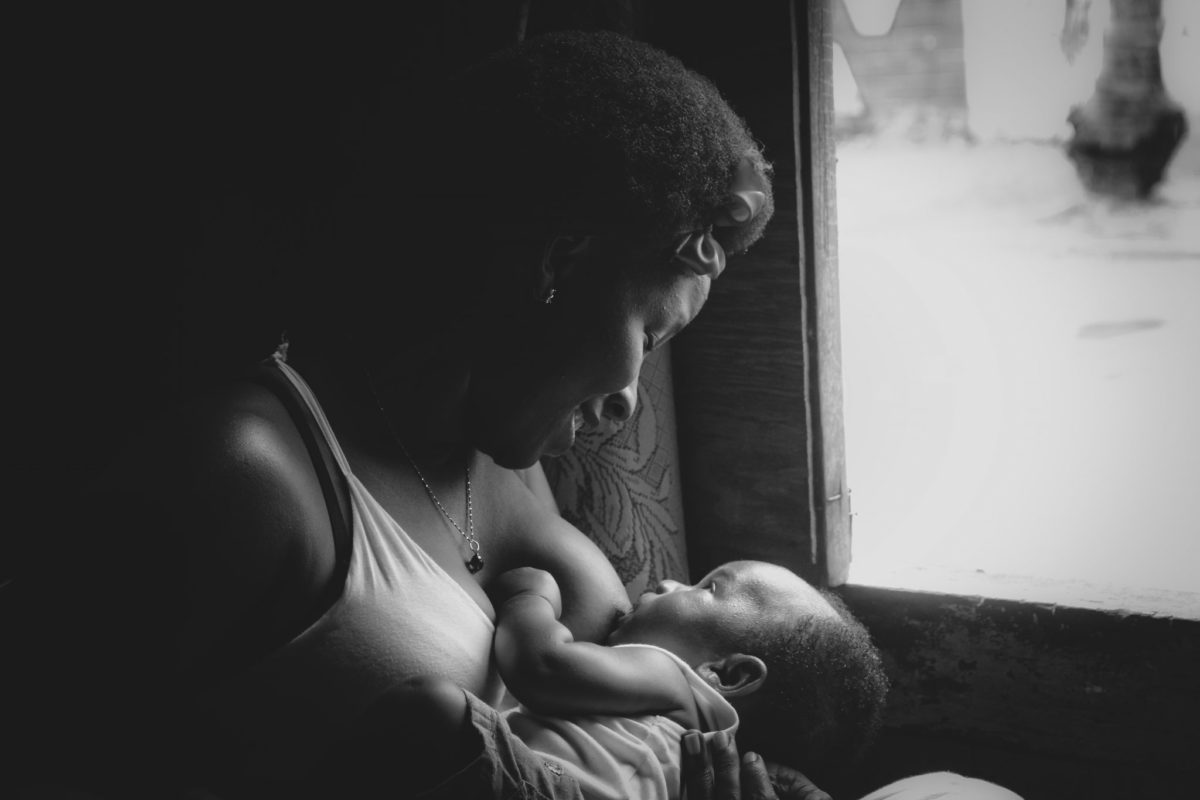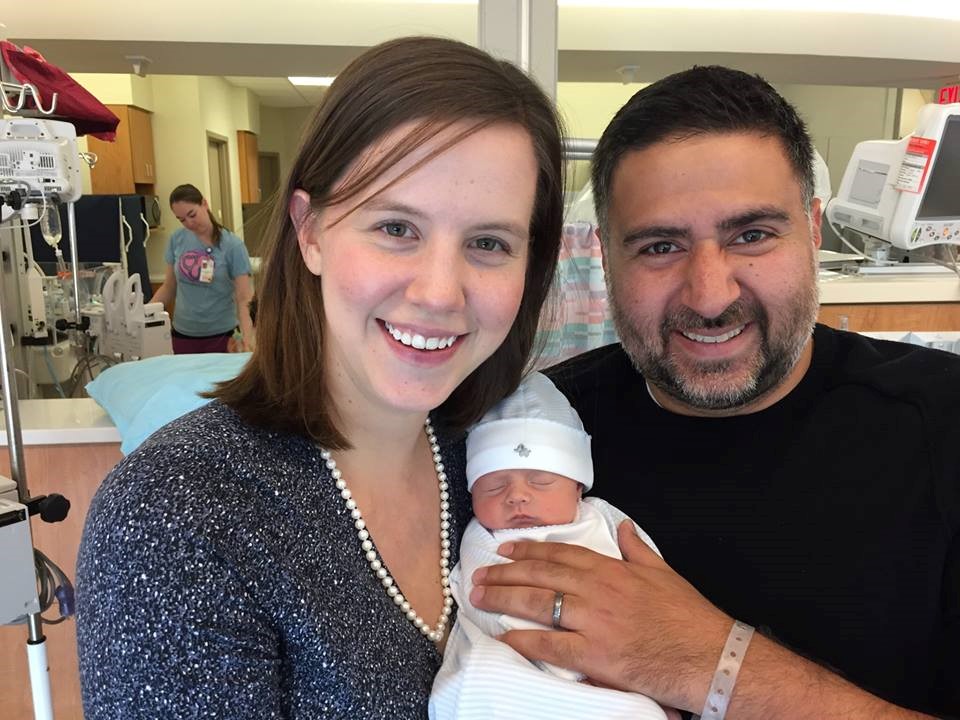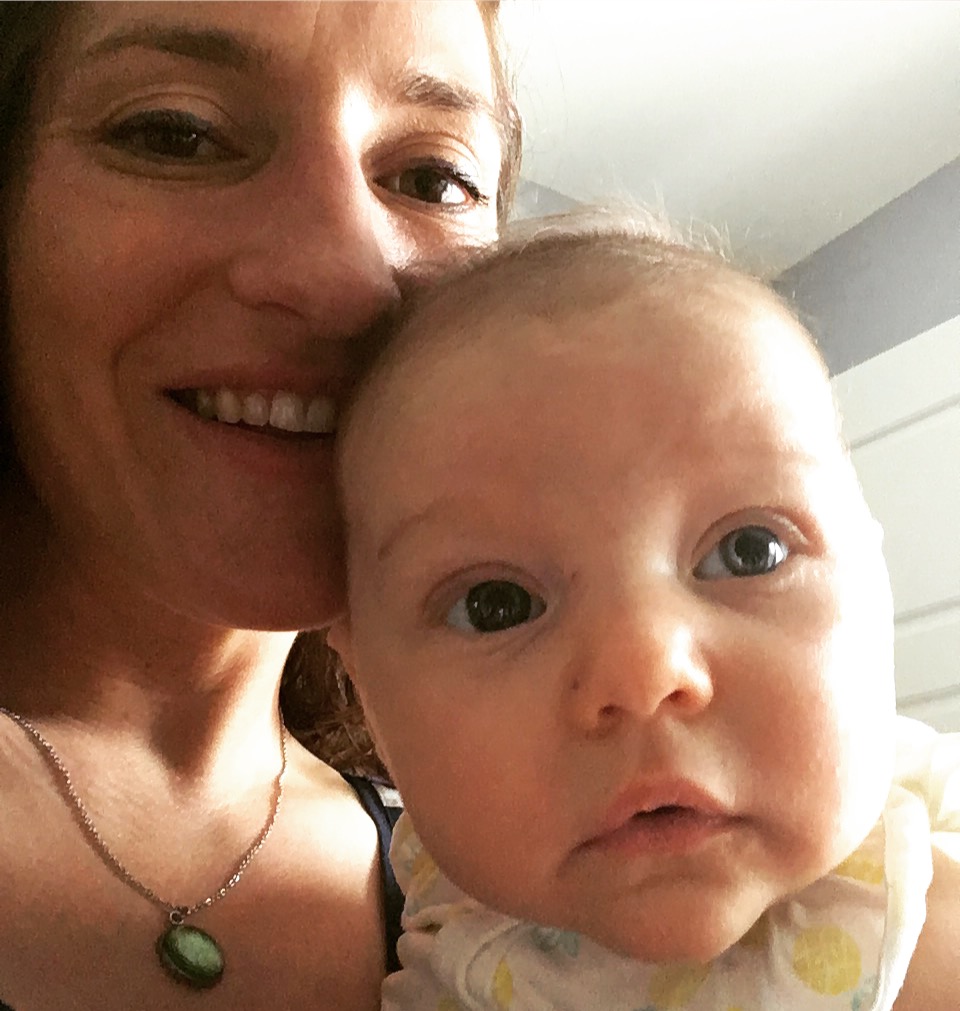My son Diego surprised us all when he was born in April 2015, seven weeks before his due date.
After an otherwise uneventful pregnancy, during which I was fortunate to receive top rate prenatal care, his pre-term delivery came quickly and unexpectedly, without much warning.
My husband and I weren’t ready for his arrival, simply because we thought we had more time. We didn’t have a car seat, Diego’s crib was still in a box, and my husband and I spent the minutes between contractions searching the internet as we tried to decide on a middle name.
As parents, it was one thing that we were not prepared. But more importantly, Diego wasn’t ready for his own arrival. Born at 33 weeks, weighing just over five pounds, his lungs were not fully matured and he did not understand the basic survival technique of how to eat on his own, a skill developed in the third trimester.
Diego spent 17 days in the neonatal intensive care unit (NICU).
Our family is thankful for the care he received there and the support that we were given as new (and scared) parents.
Although his care was invaluable to us, it did come with a specific price tag: Diego’s two-week hospital stay approached $300,000.
We were lucky that Diego didn’t suffer from any enduring health problems – he was simply born too early. But many infants who spend time in the NICU require more intensive procedures or longer hospital stays.
Their hospital bills can quickly add up to well over a million dollars.
In 2009, before the passage of the Affordable Care Act (ACA), 59 percent of all workers (and their families) covered by employer health plans had a lifetime limit on their health insurance benefits. This means that there was a maximum dollar amount health insurance companies agreed to pay. If you surpassed that amount, then the cost for health services came out of your own pocket.
While those limits varied (and sometimes were as low as $1 million), many infants with NICU stays reached their lifetime limits on health insurance before they even left the hospital.
With the passage of the ACA, lifetime limits were prohibited, alleviating that concern for families of pre-term infants and others facing medical complications.
Because Diego was born before he learned how to eat on his own, he spent the first week of his life being fed through a feeding tube. As I knew the benefits of breast milk, particularly for a pre-term infant, I was intent on breastfeeding Diego.
While some moms who experience pre-term labor have difficulty producing breast milk, I was relieved that my hospital was supportive of my goal to breastfeed, lending me a breast pump to use in the hospital within an hour of delivery.
Outside of the hospital, I was also fortunate to benefit from the ACA provision that requires health insurers to cover the costs of a breast pump for new moms. Without this support, many new moms are unable to purchase effective breast pumps, making it impossible for them to meet their own breastfeeding goals.
When Diego was released from the hospital, he was able to effectively feed from a bottle but we still struggled during our many attempted breastfeeding sessions.
Discouraged, I was thankful to find out from a friend that the ACA also required health insurers to provide access to lactation support services. I credit the supportive and skilled assistance of a local lactation consultant for saving my breastfeeding relationship.
When I returned to work after my paid maternity leave, I was also provided time to pump during the work day – a right protected under the ACA. These key provisions allowed me to meet – and even exceed – my initial breastfeeding goals.
Our family felt lucky to have the support and care that both Diego and I needed during such a vulnerable period in our lives. But it shouldn’t be left to luck.
As the healthcare debate continues in the halls of Congress and beyond, it is critical that the United States maintains health coverage for all, regardless of employment or income, and that that health insurance is affordable and comprehensive, providing the coverage needed for children and their families to thrive.
Any effort to eliminate the protections I benefitted from would have detrimental effects for moms and babies everywhere.
And that is why I added my name to the petition: Don’t Let Congress Take Away Your Healthcare.



